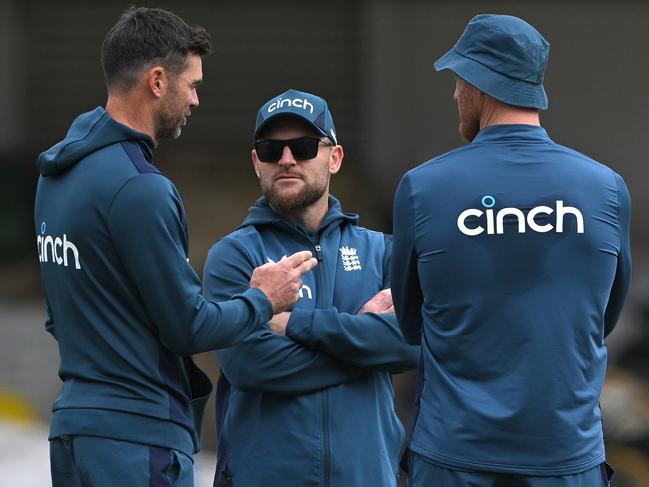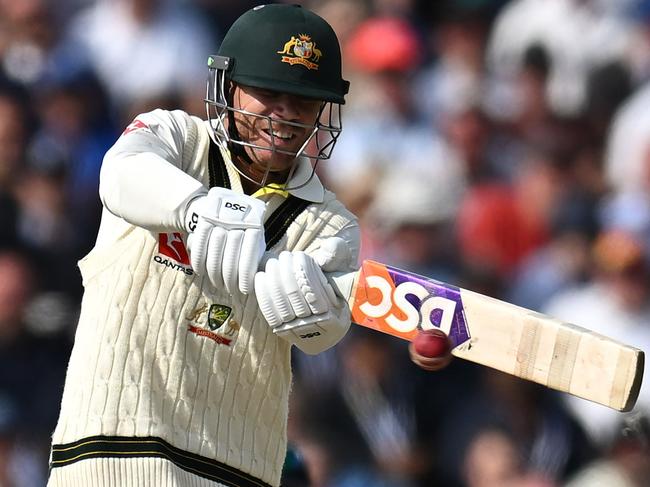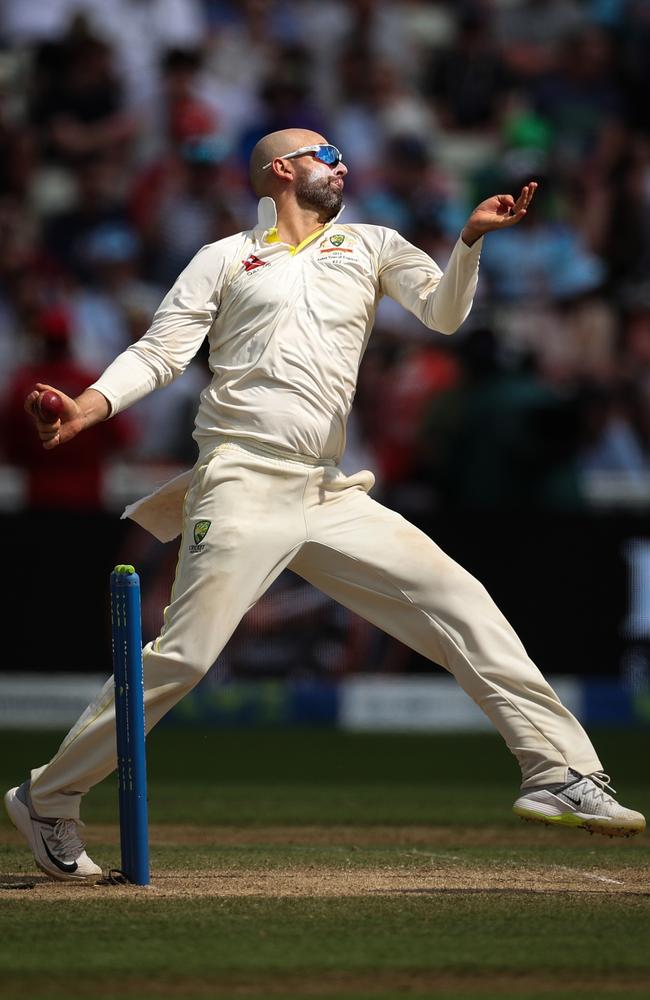Mike Atherton: Major rebuild looms for both Australia and England after this Ashes series
These are two experienced (read ageing) teams and the intervening period before the next Ashes is likely to see some significant reshaping for both Australia and England, writes MIKE ATHERTON.

The completion of the Ashes, like the quadrennial 50-over World Cup, offers a natural break in the cycle. To a greater or lesser degree – a world made more complicated now by franchised T20 tournaments – England’s and Australia’s long-term plans for one-day and Test cricket revolve around the World Cup and Ashes respectively, on which captains, players and selectors, as well as the systems as a whole, are judged.
If these go badly, upheaval can follow. The previous Ashes cost Ashley Giles his job and effectively sealed the fates of Joe Root and Chris Silverwood. The 2015 World Cup did the same for Peter Moores and Paul Downton. Before that there was a long line of captains on both sides for whom the Ashes (and World Cup exits) signalled the end of the road.
That will not be the case this time. Ben Stokes faces the prospect of becoming the first England captain since Nasser Hussain to be beaten at home by Australia, but nobody would advocate change if that comes to pass. He embodies the spirit and soul of this team and is proving to be an outstanding England captain. Brendon McCullum is only little more than a year into the job as head coach, and has formed a superb working relationship with Stokes.
Pat Cummins could become the first Australian captain since Steve Waugh to win here and that would put the seal on a stunning summer. At times the responsibilities of captaining and opening the bowling have appeared overwhelming, but it is not immediately obvious to whom Australia would turn should Cummins desire a return to the ranks. Like McCullum, Andrew McDonald, the coach, is relatively fresh to the job, although if Australia do not separate Test match and limited-overs responsibilities, it may not stay that way for long.

Whether both leadership teams will be around for the next Ashes, who knows? England travel to Australia in November 2025 and before that, they will have played 21 Tests, ten of them against India. Australia have 19 Tests in that time and Cummins, unlike Stokes, has 50-over commitments as well. Stokes, meanwhile, is staggering to the finish line this summer, unable to bowl except in emergency cases, and faces a future as a specialist batsman.
If both men are in charge 26 months hence, they will have had no option but to reshape their teams, looking at the age profile of both. Bazball may be a radically new approach but it has not been fashioned with a new team; rather it has been a case of old dogs learning new tricks. Of the squad announced on Monday for the final Test – an unchanged 14 – eight players are the other side of 30. Only Harry Brook is aged under 25.
Australia fielded three players under 30 at Manchester, with two of them, Marnus Labuschagne and Travis Head, pushing that mark. As with England, only one player, Cameron Green – who must be favourite to be replaced by Todd Murphy at the Oval – clocked in at under 25. These are two experienced (read ageing) teams and the intervening period before the next Ashes is likely to see some significant reshaping on both fronts.

David Warner, 36, has already announced his intention to quit in Sydney this winter, although he may not be given the choice. Usman Khawaja is the same age but as the example of Alastair Cook, who retired aged 33 ("Nothing left in the tank,” said Cook) suggested, it is sometimes more about the number of miles on the clock, rather the age of the engine itself. Khawaja feels further from the finish line than Warner but, at his age, the next Ashes is a long way off.
The bowling unit may not make it intact either. All three seamers are the wrong side of 30 with some signs this summer that a bit of nip may be waning, especially for Josh Hazlewood, 32, whose body has struggled since the last Ashes. Nathan Lyon, 35, got the kind of injury to his calf that affects those in the latter years of their careers and it could be some time before he makes a return to full fitness.

At Old Trafford, England’s bowling unit was the oldest in the Ashes for almost a century and will need a complete overhaul before the next Ashes, with James Anderson, Stuart Broad, Chris Woakes and Moeen Ali certain not to be in Australia next time. Among the candidates to replace them? Brydon Carse (Durham, 27); Gus Atkinson (Surrey, 25); Tom Lawes (Surrey, 20); Saqib Mahmood (Lancashire, 26), Matthew Fisher (Yorkshire, 25) and Josh Tongue (25), who is a good chance for the Oval this week. As for spin, a more pressing winter in India looms.
It is speculative, but some significant changes seem inevitable for both teams, another reason why the last Test carries meaning. Having thrown everything at each other over the past five weeks, some of these players will not get that chance again after this week. For England supporters it will be an opportunity to bid farewell to a number of Australian greats who will not tour here again in future.
Although it is not unheard of for one Ashes series to follow another, as happened in 2013-14, mostly there is a period in between that brings a natural evolution and allows for teams to regenerate to renew the contest. Rob Key, England’s managing director, knows all about that: in 2002-03 he went to Australia as part of a team that surrendered the series in 11 days.
Out of that rubble, the nucleus of a side gradually emerged over the next two years, culminating in the Ashes triumph of 2005. Only four players who finished that series in Sydney in 2003 began the series in 2005. Key himself was one of those who fell by the wayside. He knows that between now and November 2025, he will have some rebuilding to do.






To join the conversation, please log in. Don't have an account? Register
Join the conversation, you are commenting as Logout